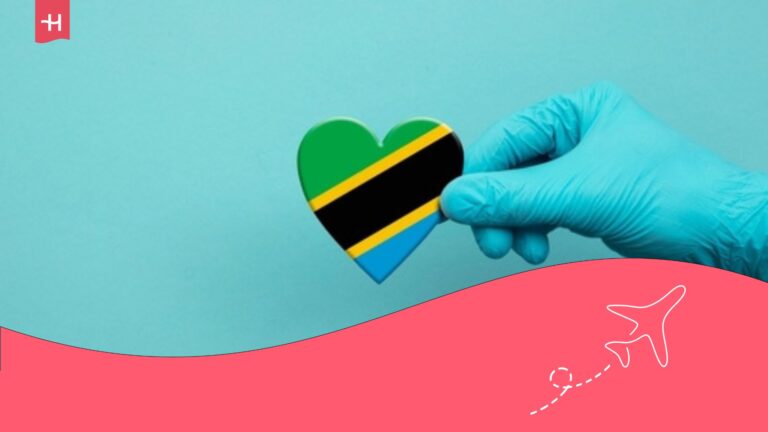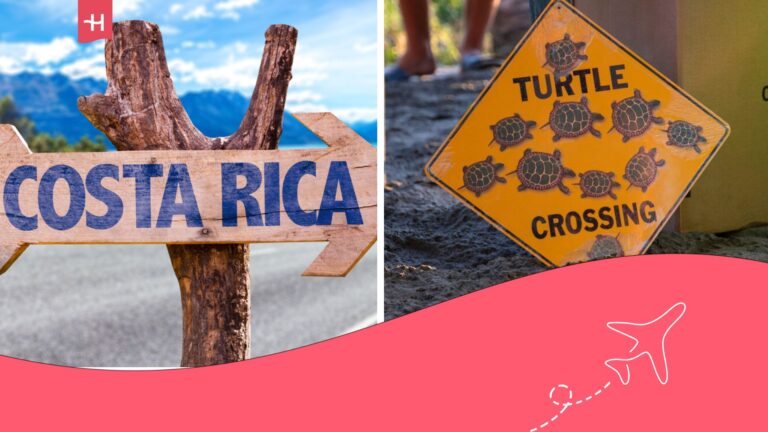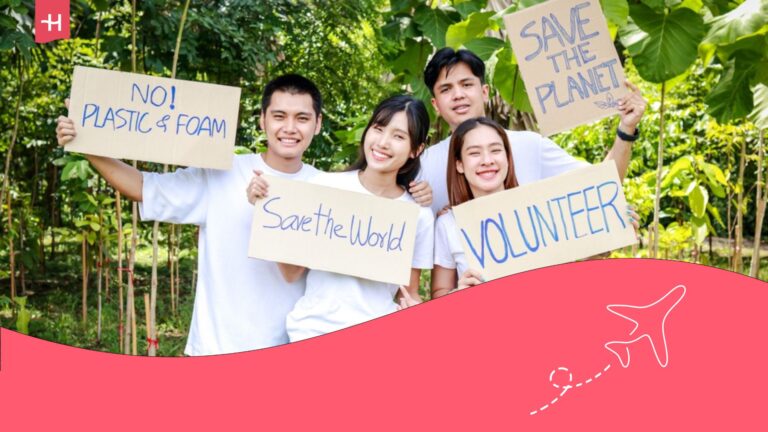Volunteering in Africa: Requirements, best programs, and costs
Volunteering in Africa can be an enriching experience, but it requires a lot of planning. Here we tell you everything you need to know.
Imagine waking up to birdsong in a remote village, working on projects that change lives, and sharing unforgettable moments with communities that welcome you with open arms. That’s what volunteering in Africa can feel like. But behind that powerful image, there’s a lot more to consider.
Volunteering in Africa is more than just lending a hand — it’s an experience that can leave a lasting mark and change the way you see the world. It’s not something you dive into lightly; it calls for thoughtful preparation on every level. You’ll need to find a project that truly speaks to you, and be ready to navigate the cultural, health, and economic realities that come with it.
If you’ve been thinking about taking the leap into this kind of adventure, you’re in the right place. In this article, we’ll walk you through everything you need to know before volunteering in Africa. From the real benefits and common requirements to the best programs, types of projects, and what it might cost. Because if you’re going to dive into something this life-changing, it’s worth doing it with clarity and an open heart.
Read on to find out how to turn your desire to help into a transformative experience that leaves a lasting impression on you and others.

What are the benefits of volunteering in Africa?
Throughout its history and still today, the African continent has faced a complex range of challenges that have contributed to its position as the poorest in the world. While some countries are well-developed, with solid infrastructure and access to essential services, there are still many regions where basic comforts — things like daily showers, regular meals, clean drinking water, or even a pair of shoes — aren’t always guaranteed. These economic hardships also affect access to education, opportunities for decent work, and gender equality.
That’s why volunteering in Africa is so much more than just “doing your part”. It’s an experience that challenges you, broadens your perspective, and leaves a lasting impact. You don’t need any special skills or qualifications, just a genuine willingness to help, to give, and to grow in the process. Because the truth is, you’ll gain just as much as you give. Want to know how?
1. You’ll contribute to real causes that need active hands
Africa is a vast and diverse continent, facing complex, deep-rooted challenges. From education and healthcare to environmental conservation, there are countless communities where volunteers make a real difference. Your support isn’t just symbolic, it has a visible impact.
2. Personal and emotional growth
Stepping into the unknown, adapting to unfamiliar environments, and working as a team under challenging conditions — these are the kinds of experiences that push you out of your comfort zone. Volunteering in Africa can help you appreciate the essentials, build empathy, and grow your self-confidence. Don’t just take our word for it, countless volunteers say they come back changed.
3. Authentic connection with local cultures
Volunteering in Africa is a world apart from typical tourism. Forget about safaris in the Serengeti; as a volunteer, you’ll live alongside local communities, experience their traditions firsthand, share meals, and join in their celebrations. It’s a truly immersive experience that can change the way you see the world.
4. Development of practical skills
Beyond personal growth, volunteering will often put you in challenging and sometimes uncomfortable situations. You’ll learn how to solve problems with limited resources, communicate across language barriers, and work effectively in multicultural teams. These experiences not only enrich you personally and professionally. Many NGOs even provide participation certificates that you can include on your resume.
5. Access to a global network of committed people
You won’t be alone, you’ll meet people from all over the world who share your values and goals. These experiences often create strong bonds, lasting friendships, and sometimes even professional connections that can open doors down the road.
6. Perspective and gratitude
Seeing life from a different perspective changes how you approach everyday life. You start to appreciate what you have, stop sweating the small stuff, and begin to view the world with more awareness and gratitude. Gratitude is powerful, and immersing yourself in a reality so far removed from Western comforts is eye-opening.
7. Sense of purpose
There’s nothing more powerful than knowing you’re making a real difference. Sometimes it’s a lesson you teach, other times a conversation, a bandage, a smile, or an idea.
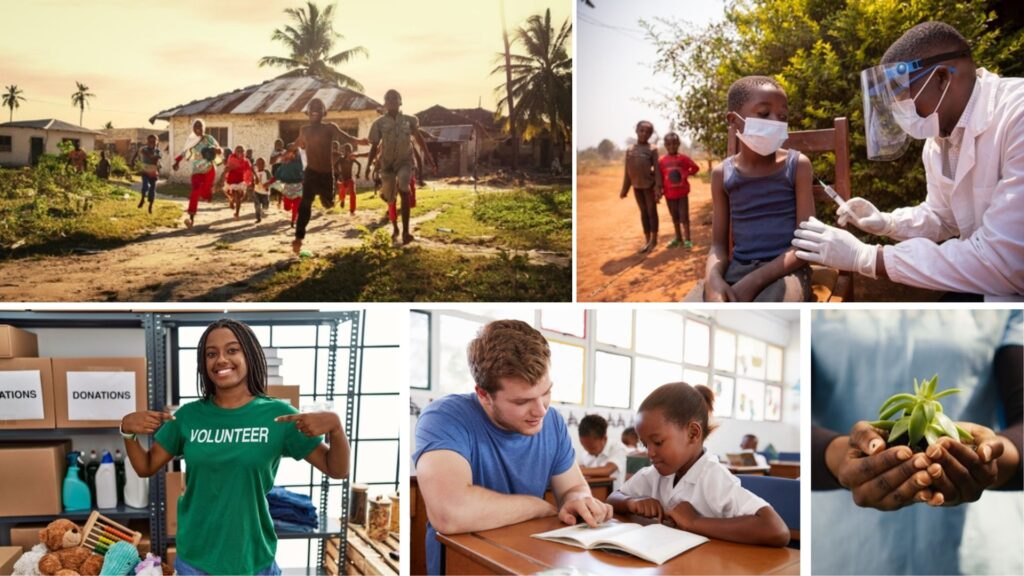
What are the requirements for volunteering in Africa?
Setting aside the personal side of volunteering for a moment, let’s focus on what it actually takes to volunteer in Africa. More than just good intentions are needed to make it happen. That’s why, before you pack your bags and head out, it’s essential to understand the requirements involved. While each project has its own specifics, there are some key points that come up again and again. Here’s a quick rundown:
1. Appropriate visa according to country
Every African country has its own immigration rules. In many places, you can enter as a tourist and volunteer for a short time without any issues. However, some countries require a specific volunteer visa or an entry visa accompanied by an invitation letter from the organization.
That’s why, before booking your ticket, check the embassy’s website of the country you’ll be visiting or reach out directly to the NGO hosting you. They’ll guide you on the right visa type and the steps to secure it.
2. Minimum (and maximum) age to participate
Most programs welcome volunteers starting at age 18. Some even accept younger participants from 16, as long as they’re accompanied by an adult or part of an organized group trip. There are opportunities open to older adults too, no age limit, as long as you’re in good health.
3. Academic background or previous experience
While a university degree isn’t always required, some projects do ask for specific skills. Like teaching English, assisting at a medical center, or helping with administrative tasks. Previous experience volunteering, working with NGOs, or with children is also highly valued.
4. Language proficiency
In English- or French-speaking countries, you’ll usually need at least a basic level of the language to communicate with the team and the community. Some programs also offer beginner classes in the local language to help you settle in more easily.
Here’s a tip: depending on the language you speak, you can target specific countries. For example, if you’re fluent in French, places like Senegal or Morocco are great options. If English is your strength, then Kenya, Tanzania, or Zanzibar could be the perfect fit.
5. Mandatory vaccinations and health insurance
Most African countries require vaccinations like yellow fever, which must be documented with an International Vaccination Certificate. Other vaccines, such as hepatitis A and B, tetanus, typhoid, and malaria prevention, are also recommended.
It’s also essential to have international health insurance that covers medical care, accidents, and emergency evacuation. Some NGOs include this in their programs, but if not, you’ll need to arrange it yourself.
6. Adaptability and commitment
Volunteering isn’t the same as volunteering tourism. You’ll need to adjust to living in unfamiliar settings with limited resources and complex realities. Respect for the local culture, dedication to the project, and the ability to work well with others are all expected. In short, your mindset matters just as much as your skills.
7. Payments and contributions to the program
Many volunteer programs in Africa come with a fee, though not all of them. Most organizations ask for a contribution that covers accommodation, meals, local transportation, materials, and coordination. The cost usually depends on the location and how long the program lasts.
Before signing up, make sure you fully understand what’s included in the fee, what expenses you’ll need to cover separately (like your flight), and how your contribution is used. Be careful to avoid programs that aren’t transparent.
How to stay connected while volunteering in Africa?
Having internet access during your volunteer work in Africa is about more than just sharing your experiences on social media. You’ll need it to stay in touch with loved ones, coordinate with your team, access online medical advice, and handle any unexpected paperwork.
Luckily, there’s an easy fix: Holafly’s monthly plans, which give you limited or unlimited data from the moment you arrive. No need to rely on local WiFi or waste time hunting for a SIM card at the airport. Their global eSIM works across several African countries, which is great if your volunteer work takes you to different places. Holafly has your back throughout your volunteer journey!
Important: If you are a frequent traveler and want to stay connected without worrying about expensive roaming or looking for a new SIM at every destination, Holafly’s subscription plans are for you. With a single eSIM, enjoy internet in more than 170 countries for a fixed price and no surprises on your bill. Travel without limits and connect easily and securely! 🚀🌍
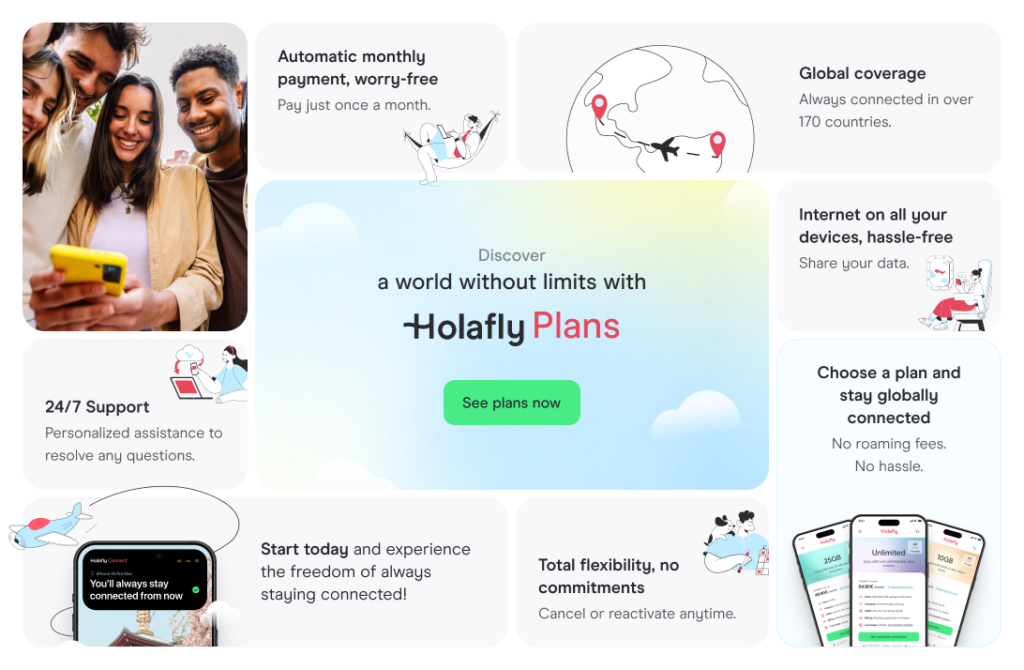
What are the best volunteer programs in Africa?
Now that you know you meet the basic requirements to volunteer in Africa, it’s time to sit down at your computer and start exploring the programs out there. With so many options, finding the right one can take some time. To make it easier, we’ve handpicked five trustworthy and exciting volunteer opportunities. Want to check them out?
1. Projects Abroad
Projects Abroad is one of the most well-known international volunteer organizations worldwide. In Africa, they operate in countries like Ghana, South Africa, Kenya, Morocco, Madagascar, and Ethiopia, offering projects in areas ranging from medicine and human rights to journalism, marine conservation, archaeology, teaching, and community development. It’s a great fit for anyone looking for a well-organized, safe program with ongoing support.
Below you will find the details of Projects Abroad’s volunteer programs in Africa:
| Specific requirements | Minimum age: 16 years old (18 in some programs). Intermediate level of English or French (depending on the country). For medical or legal projects, previous training or experience is required. They also offer volunteer programs for high school students between the ages of 15 and 18. |
| Duration | From two weeks to six months, with the possibility of extending on the go. |
| What does the program include? | Accommodation in homestays or residences for volunteers. Three meals per day. Medical and travel insurance. Airport pick-up. 24/7 assistance from the local team and project coordinator. |
| Approximate cost | Starting at $2,000 for two weeks, with flexible payment plans (varies by country and type of project). |
| Examples of programs | Malaria testing and leprosy wound treatment in Ghana Building classrooms in Maasai villages in Tanzania Protecting endangered giraffe species in Kenya |
2. Volunteering Solutions
Volunteering Solutions (VolSol) offers affordable, flexible programs that make a real impact across Africa. They run projects in Tanzania, South Africa, Ghana, Morocco, and Uganda, covering areas like teaching in primary schools, community health initiatives, working in orphanages, women’s empowerment, and wildlife conservation. It’s a great choice if you’re looking for a short but meaningful volunteer experience.
| Specific requirements | Minimum age: 17 years old. Basic level of English (mandatory). Good physical and mental health. Criminal background check report. |
| Duration | From one week to six months. |
| What does the program include? | Accommodation in volunteer houses or residences. Meals (breakfast and dinner). Initial orientation. Transfers from the airport. Coordination and support during the entire stay. |
| Approximate cost | From $300 per week. |
| Examples of programs | Childcare volunteer program in Kenya Medical and health volunteer program in Tanzania Soccer training program in Ghana Madagascar marine conservation program Wildlife volunteer program in South Africa Medical internship program in Ghana Women’s empowerment program in Morocco |
3. Cooperating Volunteers
Cooperating Volunteers works directly with local communities in countries like Ghana, Kenya, Tanzania, and South Africa. Their focus is on creating lasting, sustainable impact. Projects range from rural education and childcare to supporting community clinics, building schools, and running women’s empowerment workshops. The organization offers personalized support perfect if you’re looking for a hands-on, transformative experience.
| Specific requirements | Present a criminal and sexual background. Travel and medical insurance. Specific requirements depending on the type of program. For example, for a medical program you need to be an advanced student or professional in medicine/nursing. |
| Duration | From two weeks to six months. |
| What does the program include? | Pre-trip arrangements. Airport pick up. City tour and orientation. Accommodation, breakfast, lunch and dinner. 24/7 assistance from the local team. Certificate of volunteer experience. |
| Approximate cost | Registration fee: From $240. Program cost: Varies according to destination and duration. |
| Examples of programs | Education and child care: Available in all destinations. Medical programs in Uganda, Kenya, Tanzania and Zanzibar. Animal and environmental conservation in South Africa, Cape Verde, Kenya and Zanzibar. Sustainable agriculture in Kenya and Uganda. Women’s empowerment and community programs in Kenya, Uganda, Tanzania and Zanzibar. |
4. Adventure Volunteer
Adventure Volunteer is a Spanish NGO deeply involved in community and educational projects across Africa, especially in Tanzania, Kenya, and Ghana. Their approach focuses on empowering local communities, so volunteers often teach, promote hygiene habits, run workshops, or assist with farming tasks. It’s a great fit for those who want to contribute in a practical way.
| Specific requirements | Minimum age: 17 years old. Basic level of English or French. Flexibility to adapt to basic conditions. International health insurance. |
| Duration | From two weeks to six months. |
| What does the program include? | Accommodation in residences or volunteer houses. Three meals a day. Volunteer manual + pre-trip orientation. Airport pick-up and constant follow-up. |
| Approximate cost | From $590 for two weeks. |
| Examples of programs | Volunteer with children in Uganda, Senegal or Ghana. Medical programs in Senegal. Women’s training in Kenya. Educational experience in Morocco. Volunteer with sea turtles in Cape Verde. |
5. International Volunteer HQ (IVHQ)
IVHQ is one of the largest international volunteer platforms, with hundreds of projects across more than 50 countries. In Africa, they operate in South Africa, Ghana, Morocco, Tanzania, Uganda, and Madagascar. Their programs are well-organized, feature their own management platform, and focus on being affordable without compromising quality. Opportunities include childcare, teaching, environmental work, sports, women’s empowerment, and health.
| Specific requirements | Minimum age: 18 years old. Basic level of English. Some vaccinations required depending on the country. |
| Duration | From 1 to 24 weeks. |
| What does the program include? | Pick up at the airport. Accommodation in volunteers’ houses. Meals (breakfast and dinner). Counseling before and during the trip. Local support and initial training. Discounts on language classes, excursions and activities. |
| Approximate cost | From $285 per week. |
| Examples of programs | Medicine in Tanzania Teaching in Zambia Wildlife conservation in Victoria Falls Marine conservation in Madagascar Health extension and education in Ghana Child care in Kenya Wildlife conservation in South Africa – Kruger National Park Coastal and marine conservation in Zanzibar Women’s education in Morocco |
What types of volunteer projects in Africa are there?
Africa is home to over 50 countries, each with its own unique mix of cultures, landscapes, and challenges. That means volunteer opportunities are just as diverse as the regions they’re in. Here’s a breakdown of the main types of volunteer work you can do, and what makes each one special:
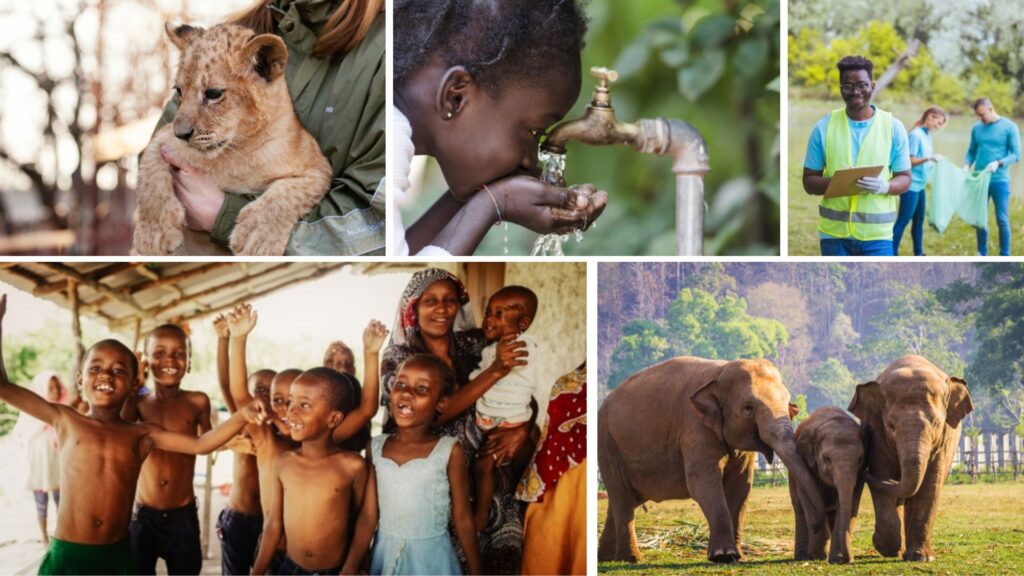
1. School training and teaching
In many parts of Africa, going to school every morning isn’t a given. Even kids who do attend often go to severely under-resourced schools. According to UNESCO’s Institute for Statistics, Nigeria has the highest number of out-of-school children in the world—around nine million. And those who do make it to class often study in buildings without clean water, toilets, or electricity. In Mali, nearly half of all school-aged children don’t have access to education at all.
That’s why teaching and school support programs are among the most popular volunteer options. As a volunteer, you might help out with subjects like English, math, science, or the arts. There’s also a big need for extracurricular support like reading time, sports, games, and creative activities.
In Tanzania and Uganda, for instance, class sizes tend to be large, and schools often lack basic teaching materials. Just having an extra pair of hands can make a big difference in giving students more one-on-one support. In places like Ghana and South Africa, the focus is often on improving English as a second language, which is essential for students hoping to go to university or find jobs later on.
2. Child care and orphanage support
This kind of volunteer work involves supporting childcare centers, orphanages, or foster homes. You might help local staff, play with the kids, plan fun activities, lend a hand during mealtimes, or assist with basic hygiene routines.
In countries like Kenya and Zambia, many programs focus on homes that care for children orphaned by HIV/AIDS. If this kind of work speaks to you, keep in mind that emotional support and simply spending quality time with the kids can be just as valuable as practical help. There are also similar projects in Madagascar, where volunteers often assist with schoolwork and support children with disabilities.
3. Women’s empowerment and community development
Gender inequality remains a major issue in many parts of Africa. While UN Women highlights that the continent is committed to promoting gender equality and empowering women, the reality often tells a different story. In many countries, women still work under tough conditions—earning very little and facing limited opportunities for personal or professional growth.
This type of volunteer work focuses on supporting women in underserved or rural communities. You might run workshops on job skills, money management, reading and writing, or menstrual health. It’s all about helping women build independence in places where they’ve often been marginalized by culture or circumstance.
In Senegal and Morocco projects focus on supporting women who want to start their own businesses or finish school. You’ll often find initiatives like textile, farming, or craft cooperatives. In Tanzania, on the other hand, some programs combine literacy training with education on sexual and reproductive health, especially within Maasai communities.
4. Environment and ecosystem conservation
This kind of volunteering in Africa involves activities like reforestation, recycling, environmental education, and cleaning up beaches and rivers. You might also take part in awareness campaigns about climate change and waste management.
If this kind of project appeals to you, Madagascar is a great place to look for volunteer opportunities. There, efforts focus on preserving unique ecosystems like mangroves and baobab forests, which are home to many endemic species. Rwanda and Uganda are also excellent options, with projects near national parks that encourage sustainable practices among communities living alongside protected wildlife.
5. Animal conservation and care
Conservation programs are some of the most popular options, especially if you’re an animal lover. As a volunteer, you’ll work in sanctuaries or nature reserves, helping feed, monitor, and care for rescued or endangered animals. You’ll also pitch in with maintenance, cleaning, and educating visitors about wildlife protection.
South Africa is a top destination for this kind of volunteering, offering opportunities to work with elephants, rhinos, cheetahs, and lions at conservation centers. In contrast, Namibia focuses more on tracking wild animals like leopards and jackals, using camera traps and guided observation walks.
6. Community health and medicine
If you have a background in healthcare, you can assist in rural clinics, vaccination, or health education sessions. Even if you’re not a medical professional but want to help, there are opportunities to support with tasks like conducting surveys, monitoring weight, or providing basic assistance.
In countries like Ethiopia and Ghana, many communities lack regular access to medical care, making primary healthcare a critical focus for numerous volunteer programs. Kenya is another popular destination for this kind of support, with projects centered on HIV, maternal health, and hygiene education to prevent gastrointestinal illnesses.
7. Awareness and promotion of rights
You can also get involved in awareness campaigns on topics like gender equality, reproductive health, children’s rights, or diversity. These often take shape through workshops, community events, or outreach via social media and local media channels.
In Mozambique NGOs are working with young people to promote respect for sexual diversity and prevent teen pregnancy. Meanwhile, in Nigeria, some programs focus on combating domestic violence and highlighting the role of women in rural communities.
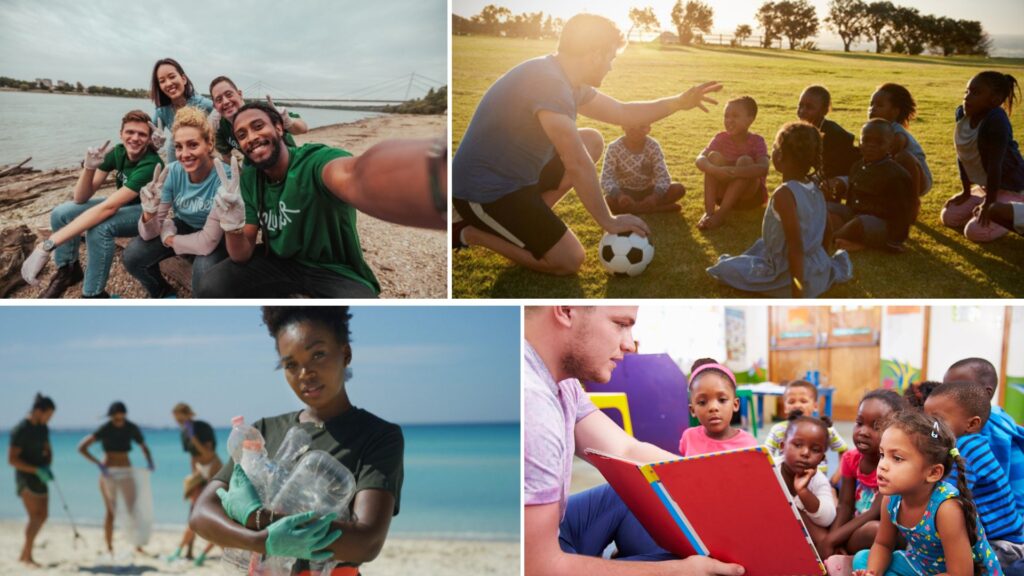
How much does it cost to volunteer in Africa?
We’re almost wrapping up this practical guide to volunteering in Africa, but before we finish, there’s one more important topic to cover: the costs involved in traveling.
First things first, volunteering in Africa usually isn’t free. Even though you’re giving your time and energy, there are expenses you need to consider to plan your trip realistically. The good news is that many programs include things like housing, meals, and security in the fee—so compared to a typical tourist trip, you often avoid a lot of extra costs.
Here are the typical costs of volunteering in Africa, how they are distributed and what you can expect to spend on average:
- International airfare: It’s usually one of the biggest expenses and varies a lot depending on where you’re coming from and where you’re headed. For example, flights from Europe or Latin America to places like Kenya, Ghana, or South Africa typically cost between $900 and $1,300.
- Accommodation and meals: Usually, these costs are covered by the program fee. Most programs provide accommodation—whether it’s volunteer houses, hostels, or host families—and include two to three meals a day.
- Vaccinations and preventive health: Depending on the country, you might need the yellow fever vaccine (which is mandatory in many places), along with recommended shots like hepatitis A and B, typhoid, and tetanus. You may also need to take anti-malaria medication. These health-related expenses can add up to around $100 to $300.
- International health insurance: While some NGOs include it, often you’ll need to arrange it yourself. When choosing, look for a plan that covers medical care, accidents, COVID-19, repatriation, and support in developing countries. Typically, the cost runs between $40 and $80 per month.
- Transfers: Whether it’s getting to your project, exploring the city, or going on trips, transportation costs are something you’ll likely face (though some organizations include this in the program fee). Expect to spend around $10 to $30 per week on these expenses.
In short, volunteering in Africa does require an investment, but it often cuts down on many typical travel expenses. With a budget of around $1,500 to $3,000 for a month, you can have a meaningful, safe, and life-changing experience.
Frequently asked questions about volunteering opportunities in Africa
Not always. Many programs are made for people without any previous experience. What really matters is having the willingness to help, a positive attitude, and commitment. That said, if you’re aiming for medical, educational, or technical projects, they might ask for some specific training or basic knowledge in those fields.
Absolutely, as long as you pick trustworthy programs and follow the guidance of the local team. NGOs usually operate in safe areas, know the surroundings well, and provide advice to help you avoid unnecessary risks. Plus, having solid health insurance and reliable connectivity will give you extra peace of mind throughout your experience.
Most programs ask for at least a basic level of English or French since these are the main languages used to communicate with teams and local communities. If you’re not fluent, some programs offer an intensive language course beforehand or assign you tasks that don’t need much verbal interaction. Still, it’s best to have at least an intermediate level to get the most out of the experience.
They do exist, but are less common and usually have limited spots. Free programs typically don’t cover housing or meals, so you’ll need to cover those costs yourself. Paid programs, on the other hand, offer a well-organized, safe experience with services included. The key is to carefully check what each option covers and make sure the organization is trustworthy.
Definitely, and that’s actually one of the best parts. Many volunteers use their weekends or days off to explore the country or go on trips. So volunteering can be a fantastic way to discover a continent full of incredible culture and stunning natural beauty.


















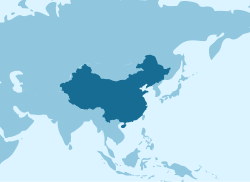




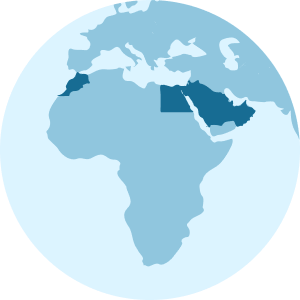



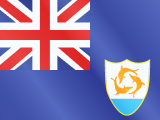

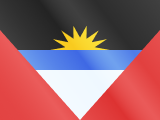





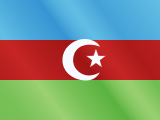


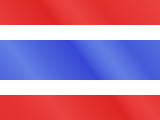







 Pay
Pay  Language
Language  Currency
Currency 


















 No results found
No results found



